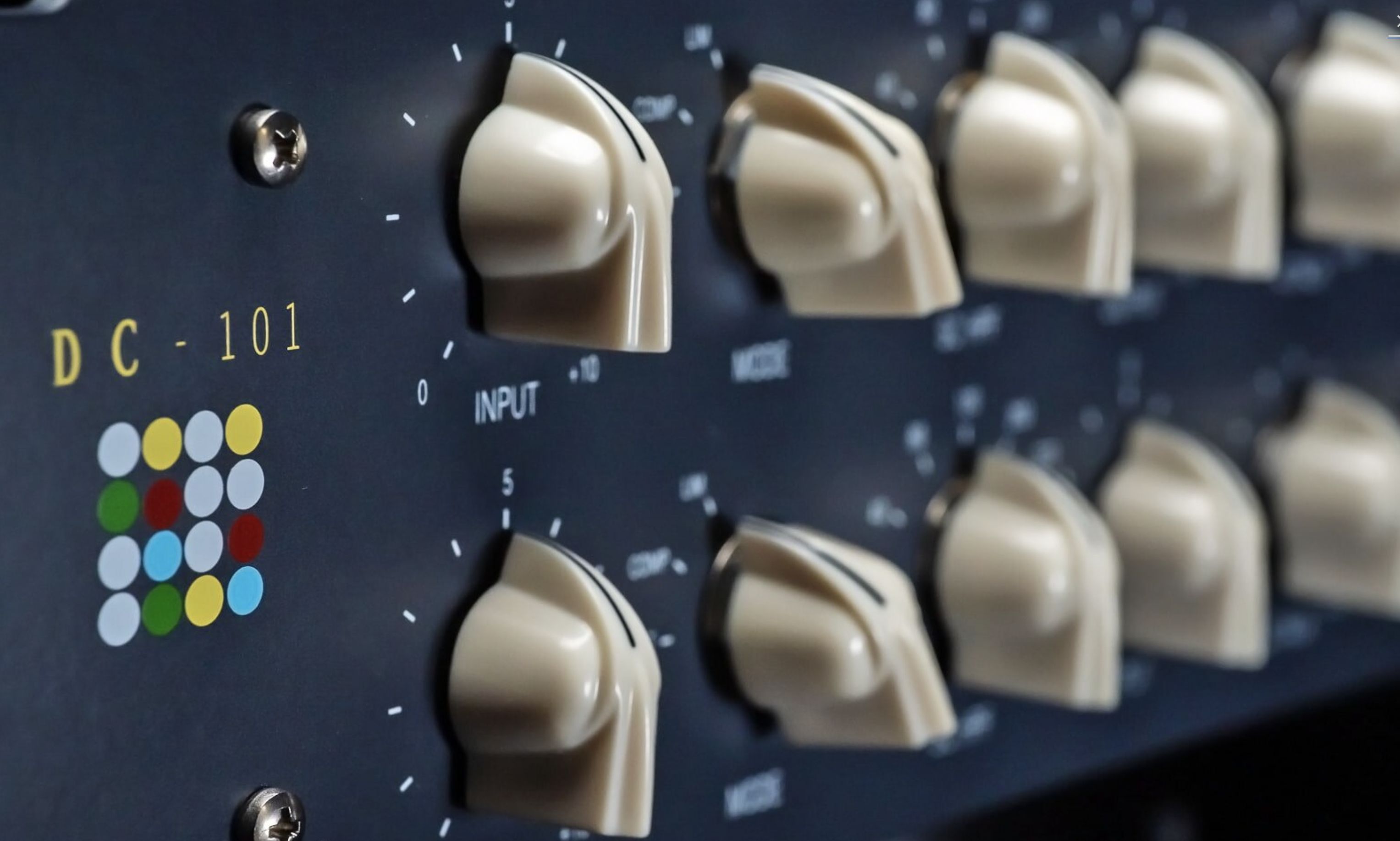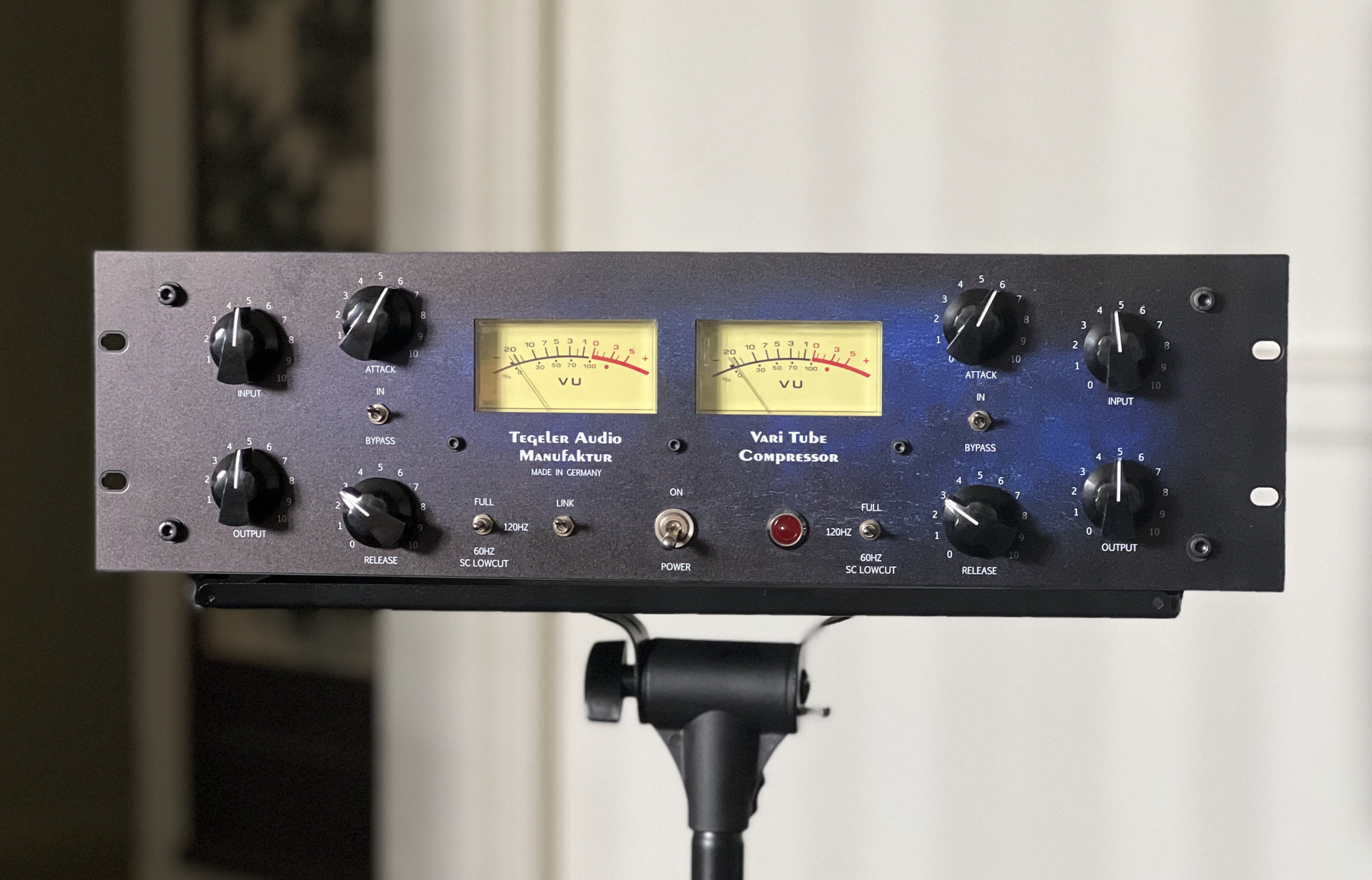Why couldn’t this place be closer to Houston, so I could quietly break waltz in and and get my hands dirty on this new CLASP system. This is a studio in Shreveport (ugh) called Blade Studios and these guys suck because they’re headed in the right direction. They’ve found a system that can give you all of the tone and overall greatness of using analog reel to reel without the expensive and hard to find tape that you have to use to get that classic sound. That’s not even counting the time it takes to rewind, cut in, and then the “Tape Scares” come where you do one small wrong thing and lose an entire session. Hey Blade Studios, Do you need a pasty up and coming engineer to come work with you? I won’t move there but I’ll definitely sleep on your console.
Shreveport, Louisiana’s new world-class sound recording studio complex Blade Studios, opened by leading Drummer/Producer Brady Blade (Emmylou Harris, Bob Dylan, Dave Matthews) and Executive Producer/Media Developer Scott Crompton, along with Chief Engineer/Producer/Mixer Chris Bell (Erykah Badu, Destiny’s Child, The Eagles), is the latest high-profile facility to employ Endless Analog’s CLASP® (Closed Loop Analog Signal Processor) system, which uniquely integrates analog tape machines into the digital audio production workflow. The studio features a wide range of classic and modern recording gear, and CLASP has made it possible for the Blade team to operate an analog tape machine while still running it through a digital audio workstation, combining the warm, classic sound of analog compression with the convenience of the digital world.
Chris Bell was in the process of picking out equipment for the new facility, and he came across CLASP online. He states, “I read a couple of articles on it, and I thought it sounded very interesting. I grew up using analog tape, and in recent years it’s just been disappearing, which is a shame. Last year I think I only did one record on tape. But CLASP opens up that possibility again in a very real, modern way. So I contacted my sales rep to track down a CLASP, and got in touch with Chris Estes, who invented the CLASP box and runs Endless Analog, and he was immensely helpful, and he helped me get the unit up and running. That was just a few months ago, and we’ve already been using it on sessions here at the studio.”
Scott Crompton is likewise vocal in his appreciation for CLASP: “The most important thing we do for our clients is create an atmosphere where they are inspired, breathe easy and feel great about the room and the sessions that are taking place. We want them to perform confidently and enjoy the sound of their own voice and playing, and CLASP is an important piece of that puzzle – a tool to make that happen. A lot of people want to use vintage gear, but they don’t necessarily want the hassles associated with it – high costs for tape reels, time for rewinding or transferring things to Pro Tools, etc. CLASP solves those problems; you only need a small amount of tape, and no time is needed for transferring things. The artist can always be in the moment, and no inspiration gets lost. That is a tremendous gift. Artists are generally more at ease when they don’t sense the pressure and ticking clock of burning through expensive tape. Now, they can walk in and see CLASP and think, ‘I can do a thousand takes; I can do a million takes, and it’s all going to tape and it all sounds sweet.’ The CLASP separates itself from all other gear – it’s like riding around in a beautiful old Gullwing Mercedes and not having to worry about it breaking down or anybody backing into it.”
The studio is running a Studer A827 with the CLASP and an SSL Duality console, and recent sessions involved Rolling Stones touring bassist Daryl Jones, along with Brady Blade on drums. Bell states, “It’s so nice to see reels of tape rolling again – everybody is so curious about the tape machine. They say, ‘Man this is cool. We haven’t done this in a while.’ It really makes an enormous difference in sound, and since it’s not slowing down the session, you don’t really think about the fact that it’s there and working. You just know that feeling when everything sounds rich and nuanced, coming right from the moment of performance. The tape adds that smooth, full compression on the front end, so I don’t have to add as much compression later on – it’s changed the way I mix to more how I used to mix once upon a time, pre-digital. You can just let the tape machine do so much.”







